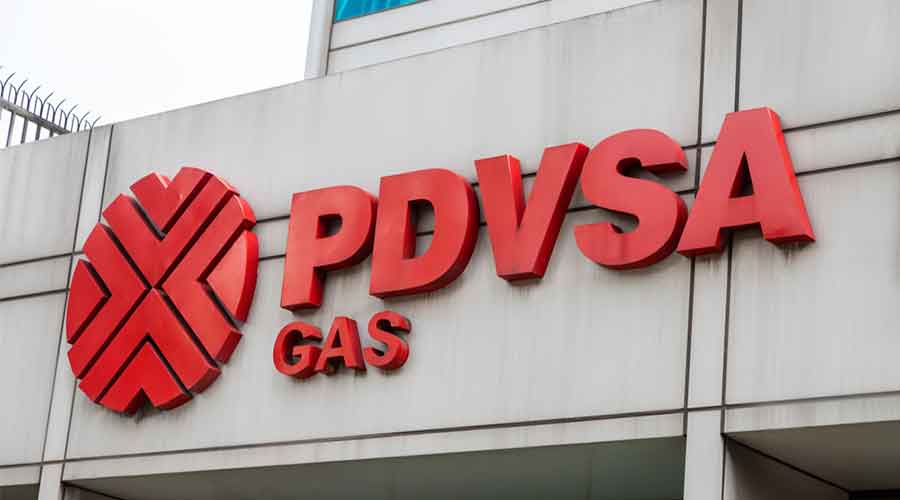Reliance Industries will this week load its first cargo of Venezuelan crude in three months in exchange for diesel under a swap deal the parties say is permitted under the US sanctions regime on the Latin American country.
The Reuters report citing a Reliance sources and a shipping document from state oil firm PDVSA said Reliance gave the US State Department and the Office of Foreign Assets Control (OFAC) notice of the diesel swap and received word back that the policies that allowed the transaction were still in place.
Washington has exempted some Venezuelan oil trade from sanctions, when transactions are in exchange for fuel and food or to repay debts rather than for cash. But that trade slowed as the US tightened restrictions and refiners, shippers and insurers have been steering clear of Venezuela to avoid any risk they may fall foul of sanctions.
President Donald Trump aims to deprive Venezuelan socialist President Nicolas Maduro of his main source of revenue with the sanctions, which have driven Venezuelan oil exports to their lowest level since the 1940s, the report said.
In February, in response to the Trump administration’s warning to companies importing crude from Venezuela, RIL had said its purchase of crude from the country was reported and approved by the US government and that it remains in compliance with US sanction policies.
The official had also said that RIL was also in contact with US government officials regarding Venezuela.
Shares of RIL on Friday closed with gains of 2.95 per cent, or Rs 53.90, to settle at Rs 1,878.50.
Fuel demand recovers
The gradual opening up of the economy lifted fuel demand from a 13-year low in April with consumption touching 16.28 million tonnes in June.
Consumption of petroleum products rose 11 per cent to 16.28 million tonnes in June over the demand witnessed in the previous month, according to data from the Petroleum Planning and Analysis Cell (PPAC) of the Ministry of Petroleum and Natural Gas.
The demand was, however, 7.8 per cent lower than 17.67 million tonnes consumed in June 2019.










